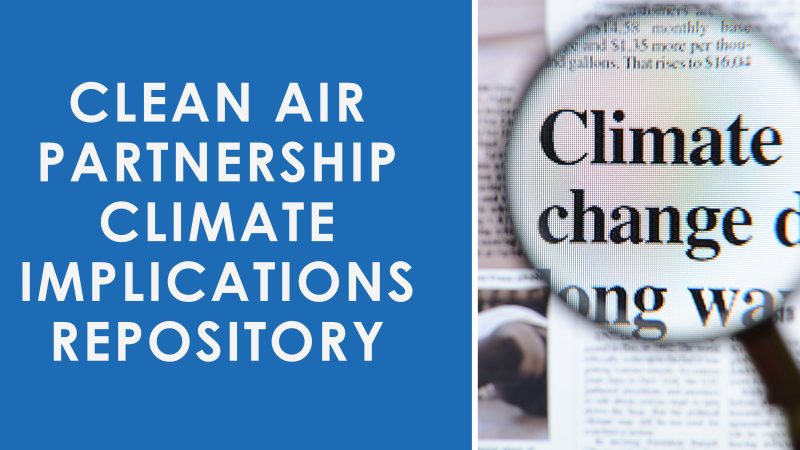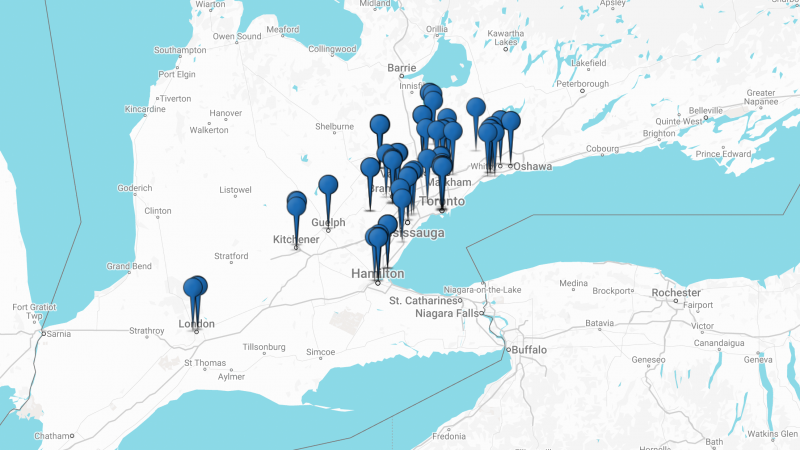
The Centre for Active Transportation - visit website
Advancing knowledge and evidence to build support for safe and inclusive streets for walking and cycling.

Advancing knowledge and evidence to build support for safe and inclusive streets for walking and cycling.

A network of 30 + municipalities and health units from across Ontario that work collaboratively on the development and implementation of clean air, sustainability and resilience actions.

This project is funded by the Federation of Canadian Municipalities Green Municipal Fund (FCM GMF). Public facilities, such as libraries, recreation centers, theatres and community…

Canada’s transportation emissions include emissions from several subsectors, including air, marine, rail, and road. Road transportation emissions account for approximately 84% of transportation emissions. Emissions…

This project is funded by the Federation of Canadian Municipalities Green Municipal Fund (FCM GMF). It supports and promotes municipal light-duty fleet electrification by developing…

CAP has developed a Climate Implications Repository that can track climate implications as they are developed and provide a one-stop shop for tracking and accessing municipal climate implications. Municipal staff can also submit climate implications to the repository.

The EV Costing Study project informs local governments, developers, electrical designers, utilities, and other stakeholders, about the costs of making parking in new construction EV Ready and the design strategies that can help minimize these costs

This project uses a cohort of seven municipal partners (London, Clarington, Kawartha Lakes, Barrie, Dufferin County, Huntsville, and Tay Valley Township) to undertake a feasibility and market analysis study and to lay the groundwork for program design and a subsequent application to FCM’s CEF capital program application.

BetterHomes Ontario Consortium supports municipalities to develop and deliver community based energy retrofit programs.

This simple calculator uses data to quantify monetary savings and emissions reductions through different work models adopted by employees – fully in office, hybrid, or fully remote.

The Climate Action Atlas showcases municipal climate mitigation actions undertaken in Ontario and inspires municipalities and communities to take up new and creative approaches to reduce the severity of climate change and build a more equitable and resilient society.

The Ontario Climate Caucus is a non-partisan network of almost 150 Ontario Mayors and Councillors working collaboratively alongside 300 additional Mayors and Councillors across Canada to build equitable, regenerative, and resilient communities.

Through this project, The Centre for Active Transportation at Clean Air Partnership has been using an innovative, evidence-based approach to incubate cycling in suburban environments by creating community bike hubs for people to learn cycling, meet other people who cycle, and go cycling together.

The Municipal Climate Lens Tool provides a preliminary, qualitative understanding of whether a municipal decision will affect climate (through the production of greenhouse gases) or be affected by climate (through increased exposure to temperature or precipitation).

Complete Streets for Canada features research, best practice policy language, and design guidance for municipalities interested in adopting Complete Streets policies and guidelines.